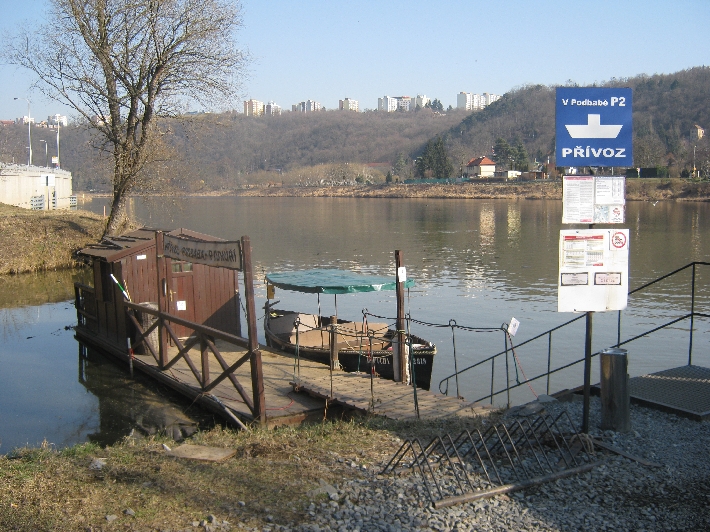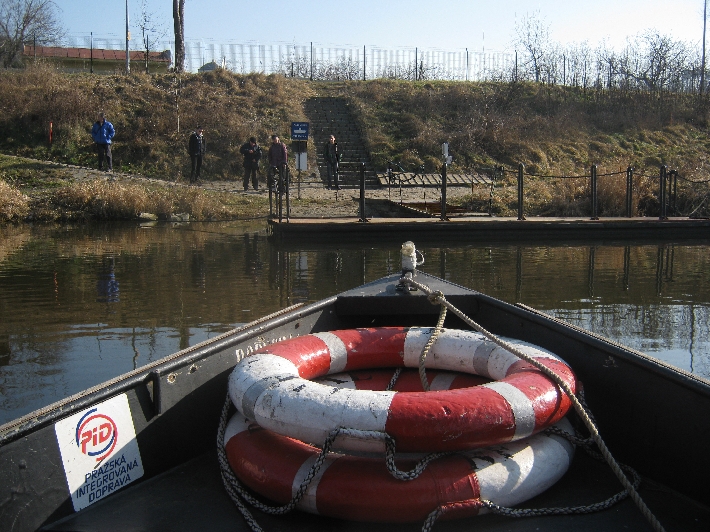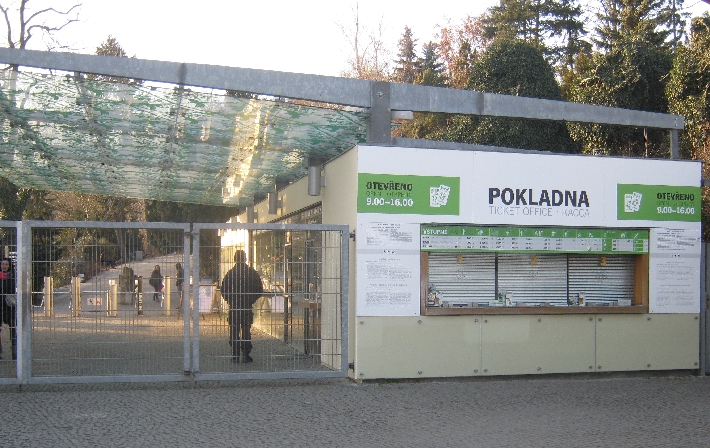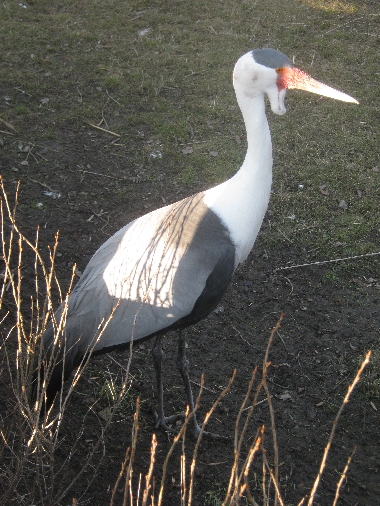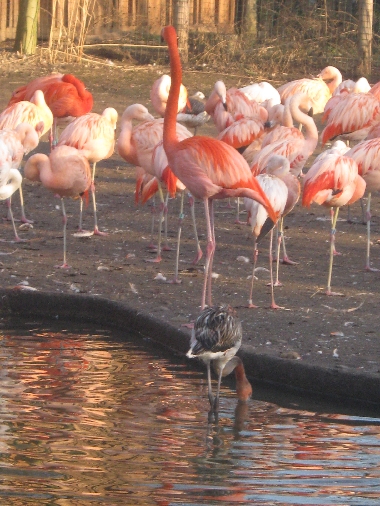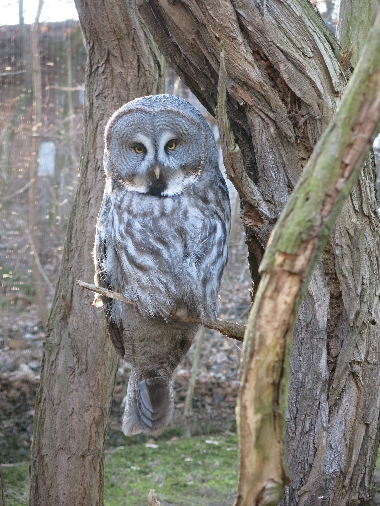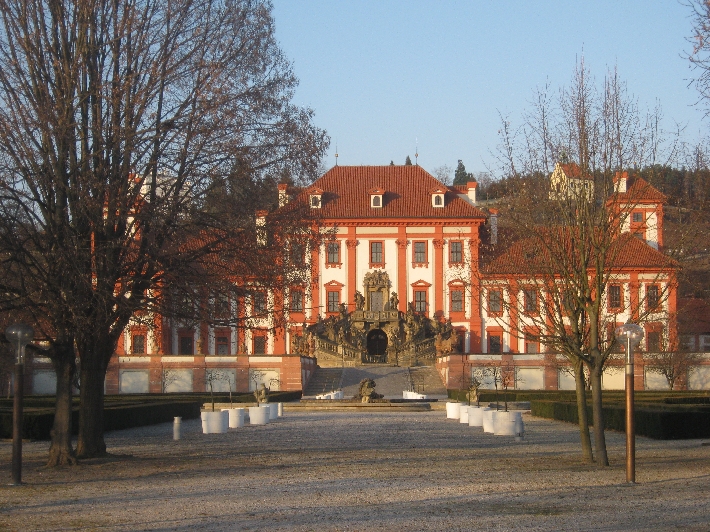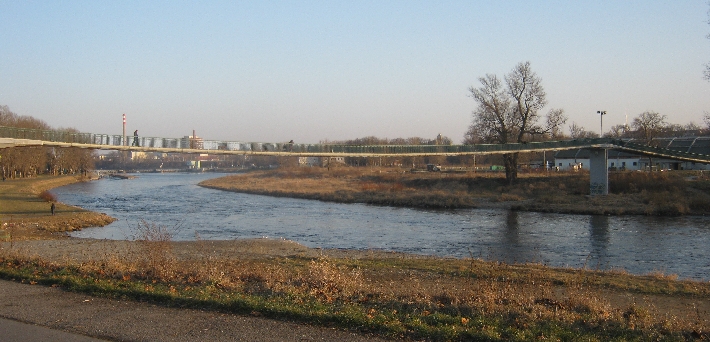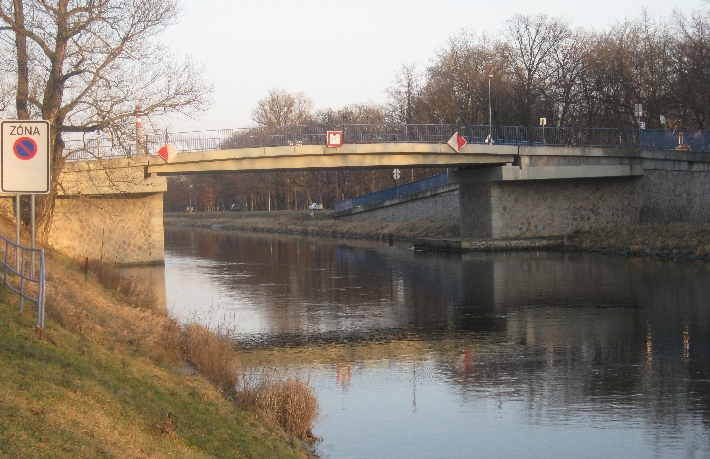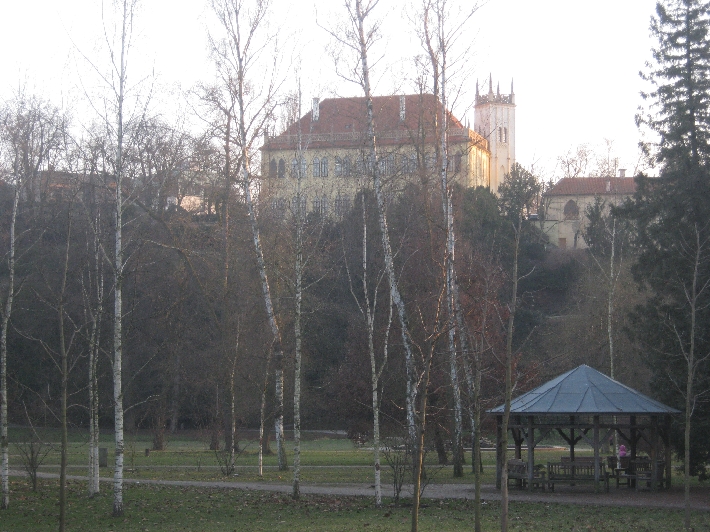
As I mentioned in my first post of 2015, this year marks the six-hundredth anniversary of the martyrdom of the early Czech Church reformer, Jan Hus. So at the suggestion of my good friend and colleague Rev’d Dr Karen Moritz, our 2015 St Clement’s Lent Course has been looking at various aspects of the Bohemian Reformation, in which Hus was a major figure.
The course has been held on successive Tuesday evenings during Lent, commencing on Tuesday 24th February, and will conclude in two days time, on Tuesday 24th March. It has been really encouraging to have between ten to twelve attendees each week, nearly all of whom have been present for every session.
In our first session, Karen Moritz presented an excellent overview of the period in question; cca. 1350 – 1620. She explained how the reform movement began during the reign of Charles IV (1346 -1378), and continued after his death. Its theological foundations were then established over the following forty years, with the preaching and writing of Jan Hus being central.
Following Hus being burnt at the stake in Konstanz in 1415, there followed a period of both revolution and radicalisation, before a settlement was reached in 1434, whereby the Utraquist Church, giving Communion in both kinds, was allowed to exist alongside the unreformed Roman Catholic Church, where only bread was given, and then only on rare occasions.
However, from 1520 onwards, following the beginning of the German Reformation initiated by Martin Luther, the next one hundred years saw ever-increasing efforts to suppress the Utraquist Church, culminating in the Battle of White Mountain in 1620. This then led to the re-Catholicization of the Church in Czech lands.
It fell to me to lead our second session, where I explained the influence of the teaching and writing of the early English Church reformer, John Wycliffe, upon Jan Hus. My own alma mater is Wycliffe Hall, Oxford, named to celebrate his legacy.
Wycliffe lived from c1328/30 – 1384. Hus from c1371/2 – 1415. There was therefore, no direct communication between them as Hus was just entering his teens when Wycliffe died. But Wycliffe’s writings in Latin, circulated in Bohemia and greatly influenced the philosophy and teaching of Hus. Some of the published works of Hus, most notably his De ecclesia, are plagiarised versions of the writings of Wycliffe, in an era when no law of copyright existed!
I pointed out the irony of language. Wycliffe preached & taught in vernacular English, Hus in vernacular Czech. But Latin, the language of the educated elite, was their means of communication 🙂
The presenter for our third session, was Father William Faix, an American Roman Catholic priest living and working in Prague and a member of the Augustinian order. He mainly spoke about Martin Luther and his Roman Catholic years, also as a member of the Augustinian order! But at the end of his presentation, he remarked how Luther realised that his own writings which began the German Reformation, actually brought his thinking into line with that of Jan Hus.
The presenter of our fourth session last Tuesday, at which both photographs in this post were taken, was Dr Hana Tonzarová, a priest in the Czechoslovak Hussite Church. Her Church, until 1970, the Czechoslovak National Church, was formed in 1920. It arose from a movement within the Roman Catholic Church of the newly created nation of Czechoslovakia, wanting to celebrate mass in vernacular Czech or Slovak. When the request to do so was refused by Pope Benedict XV, with strong encouragement of the new Czechoslovak government, around 10-15% of the Roman Catholic Church within the new nation, broke away to form this new national Church.
Hana gave an excellent power point presentation, both explaining more about Jan Hus and his life and teaching, but also how her own Church sees him, and how his martyrdom in 1415, is going to be commemorated this year – the six-hundredth anniversary of his death in Konstanz.
Our final session this coming Tuesday, will be presented by Dr Peter Moree, a Dutchman married to a Czech, who teaches in the Protestant Faculty of Charles University. He is going to speak about the legacy of Jan Hus and how his teaching and writing have been both used and abused, down the past six hundred years.
In very simple terms, this course has been both educative and inspirational, one from which I have gained a great deal.





















